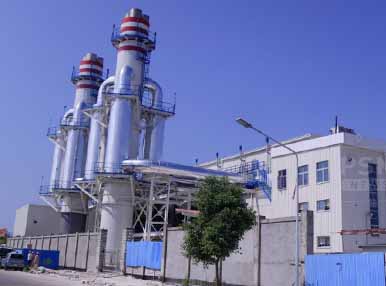
National Energy Policy & PlanningNationally Appropriate Mitigation Actions (NAMA) in the Energy Generation and End-use Sectors in Sri Lanka Project
Nationally Appropriate Mitigation Actions (NAMA) in the Energy Generation and End-use Sectors in Sri Lanka Project is executed by the United Nations Development Programme (UNDP), Sri Lanka Sustainable Energy Authority (SLSEA) and the Climate Change Secretariat of Sri Lanka (CCS) to support appropriate climate change mitigation actions in the energy generation and end-use sectors as part of the initiatives to achieve the voluntary GHG mitigation targets of Sri Lanka and to develop a robust, transparent and functional NAMA framework along with clear inventory and Monitoring, Reporting, and Verification (MRV) system with supporting governance and oversight in Sri Lanka that will systematically quantify Green House Gas (GHG) savings and benefits of the mitigation interventions using a bottom up approach to aggregate from the provincial and sub-sector levels to the national and sectors level. Furthermore, such a transparent framework is expected to open up opportunities to access regional and international climate funding.
RMA was selected as the local consultant of the international consulting firm appointed by UNDP for the project, Carbon Limits of Norway (CL), to carryout the following four activities.
- Development of Provincial/Sectorial and National Level Data Management System
- Marginal Abatement Cost Curve (MACC) Analysis
- Test and Verify MRV Framework for the Three Pilot Projects
- Establishing NAMA Institutional Set-up and NAMA Registry









